China warns away US warship in South China Sea
China’s military says it has warned away a US warship that had illegally entered Chinese waters near the disputed Paracel Islands in the South China Sea, amid heightened tensions between Beijing and Washington over the strategic waterway.
The Southern Theater Command of the Chinese People’s Liberation Army (PLA) said on Thursday that the guided-missile destroyer USS Benfold had entered the waters of the Paracels without the Chinese government's approval, violating the country's sovereignty.
It added that Chinese naval and air forces tracked the ship and warned it to leave the vicinity of the disputed islands.
"We solemnly demand that the US side immediately stop such provocative actions, otherwise it will bear the serious consequences of unforeseen events," the PLA said.
US Seventh Fleet spokesman Mark Langford rejected the accusations, claiming that the Benfold "asserted navigational rights and freedoms in the vicinity of the Paracel Island, consistent with international law."
The Paracels, called the Xisha Islands by China, are also claimed by Vietnam and Chinese Taipei, with Beijing claiming historic rights to resources within the region’s so-called nine-dash line.
Back in July, the Benfold passed through the Taiwan Strait, in another move that China condemned as a provocation.
Also in September, China’s army forces warned off the Benfold, which trespassed in China's territorial waters near the Nansha Islands in the South China Sea.
China claims the South China Sea in its entirety. Vietnam, the Philippines, Malaysia, and Brunei have overlapping claims to parts of the sea. The US, however, sides with Beijing’s rival claimants in the dispute.
The United States routinely sends its warships and warplanes to the South China Sea to assert what it calls its “right” to “freedom of navigation.”
China has always warned the US against military activities in the sea. Beijing says potential close military encounters between the air and naval forces of the two countries in the region may cause accidents.
Meanwhile, a recent study has revealed that the US Navy's aircraft carrier strike groups have not only increased South China Sea transits since last year but their routes and drill patterns are becoming more complicated and unpredictable.
Defense experts say the changes could indicate new countermeasures devised by the strike groups to face any contingencies in the region, such as a potential attack on Chinese Taipei by China’s military or over South China Sea territorial disputes.
China hoped for an improvement in relations with the US under President Joe Biden, who succeeded Donald Trump in January, but the new administration has shown no sign of backing down on hard-line policies toward Beijing.
The two sides are at odds over a range of issues, including alleged human rights abuses in Xinjiang, and Beijing's policies in regard to Hong Kong, Taipei and the disputed territories in the South China Sea, as well as the origins of the COVID-19 pandemic.
Canada’s Yukon town council at standstill over refusing oath to King Charles
Yemen's Houthi calls for jihad to protect Palestine against Israel
VIDEO | Internal rifts within Israel
Russia launches 'ICBM' for first time against Ukraine: Kiev
Scores killed as Takfiri terrorists target Shia Muslims in Pakistan
Pezeshkian to US, Europeans: You are killing women, children
VIDEO | COP29: another climate failure?
ICC issues arrest warrants for Netanyahu, Gallant for war crimes


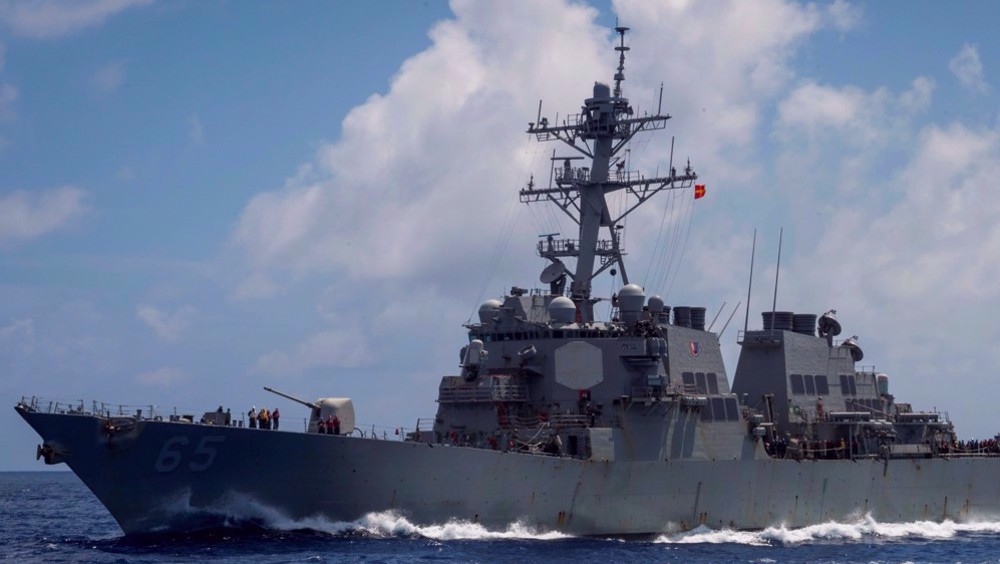
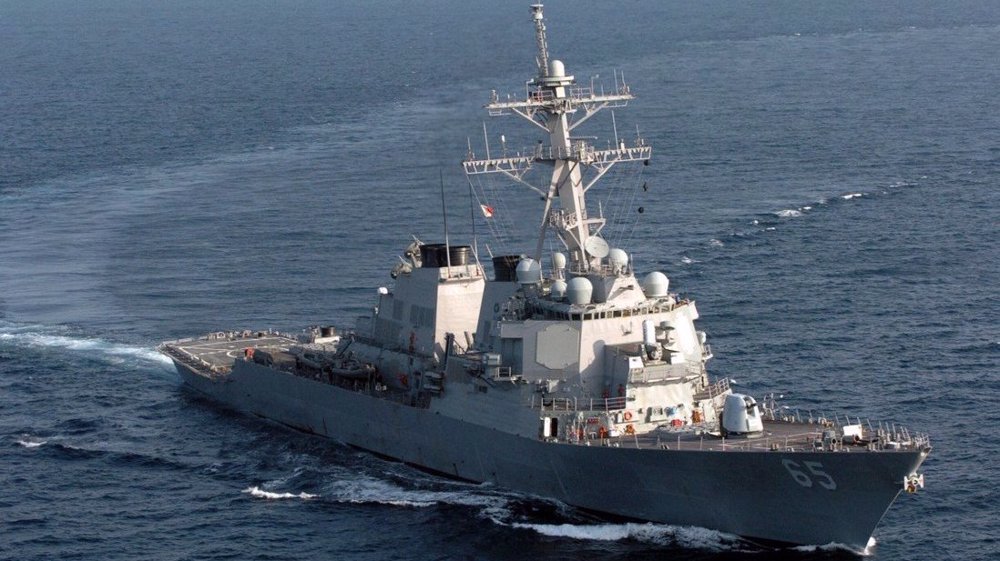
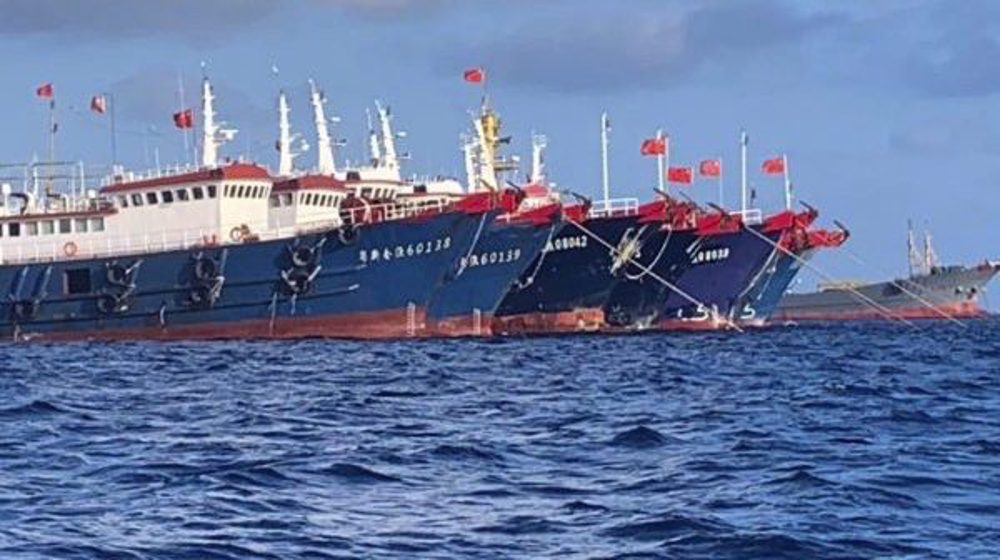


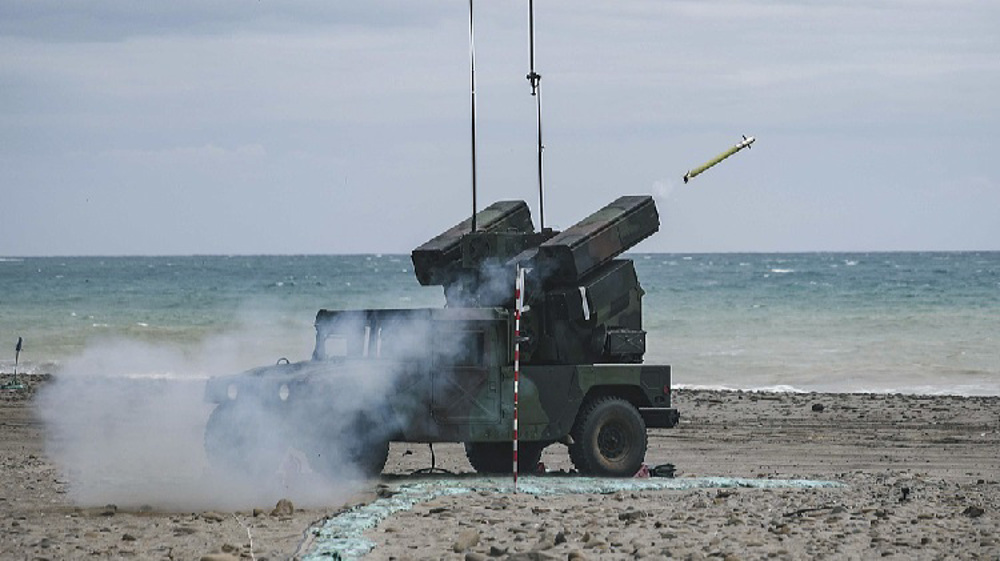



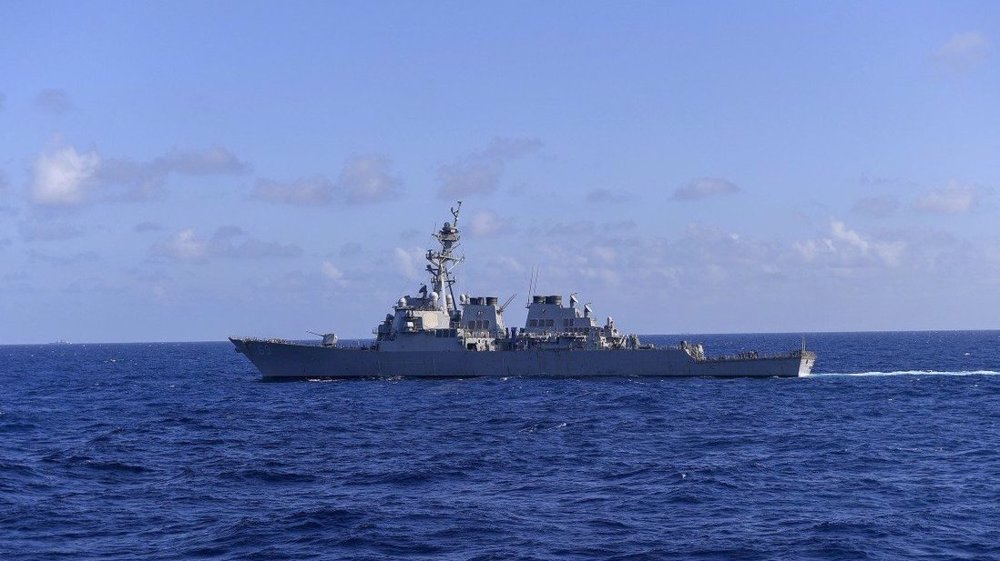
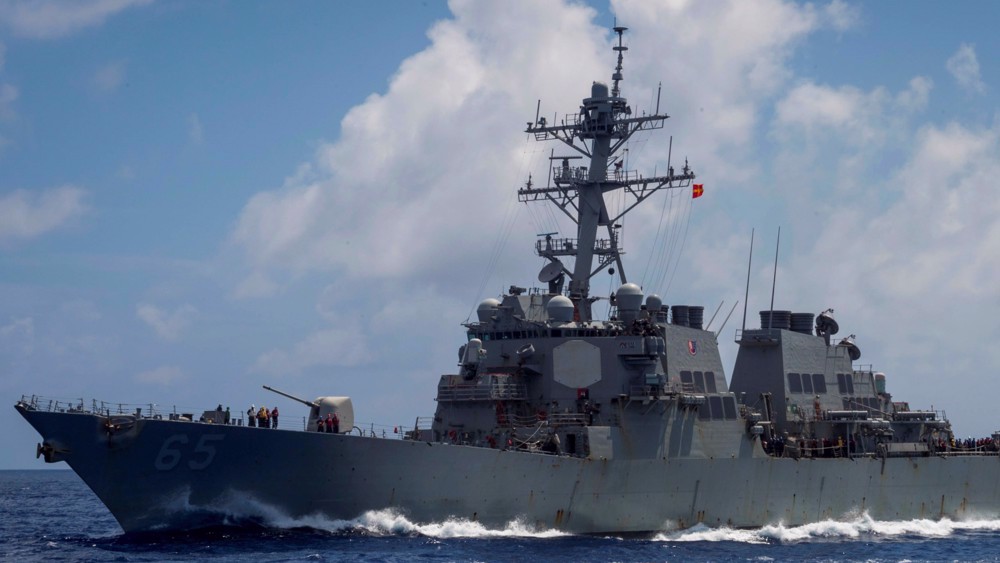
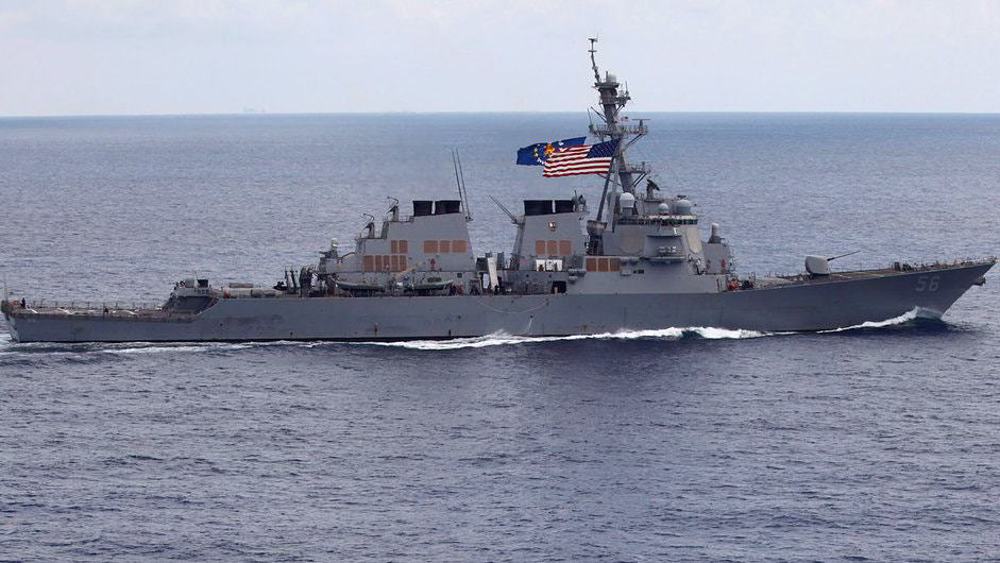

 This makes it easy to access the Press TV website
This makes it easy to access the Press TV website